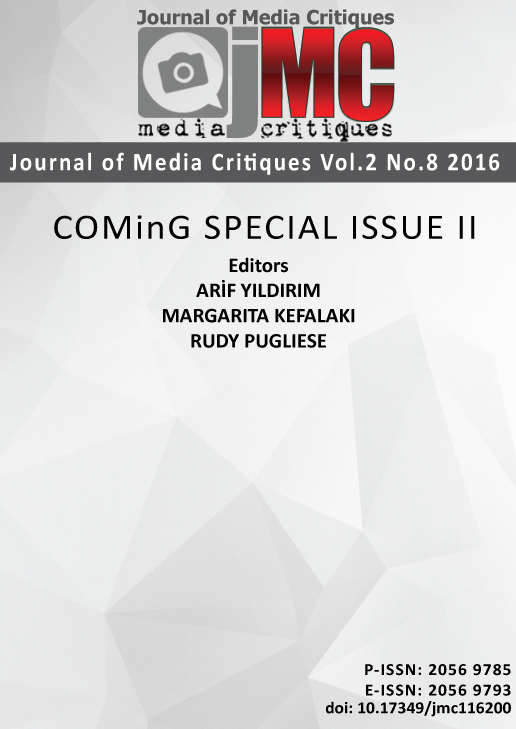IS OHS NEGLIGENCE AND EVASION AN “ERROR OF JUDGEMENT” OR “WHITE-COLLAR CRIME”? AN INTERPRETATION OF APPAREL MANUFACTURERS IN BANGLADESH
IS OHS NEGLIGENCE AND EVASION AN “ERROR OF JUDGEMENT” OR “WHITE-COLLAR CRIME”? AN INTERPRETATION OF APPAREL MANUFACTURERS IN BANGLADESH
Author(s): Muhammad Faisol ChowdhurySubject(s): Politics, Ethics / Practical Philosophy, Political Theory, Political Sciences, Public Administration, Social differentiation, Management and complex organizations, Criminology, Health and medicine and law, Victimology, Business Ethics
Published by: University of Lincoln and World Experience Campus Foundation
Keywords: occupational health and safety; negligence; evasion; error of judgement; white-collar crime;
Summary/Abstract: This paper investigates the managerial interpretation of the terms “error of judgement” and “white-collar crime” in relation to the evasion or negligence observed in administering occupational health and safety (OHS) provisions in the apparel manufacturing sector of Bangladesh. The research is qualitative in nature and follows an interpretivist paradigm. The questionnaire responses were collected from 20 mid- and top-level managers from 10 large apparel manufacturing factories located on the outskirts of Dhaka. The research reveals that all of the respondents have adequate knowledge about the relevant OHS provisions and safety protocols imposed on them by the local government and the global supply chain. They believe that the correct administration of the OHS provisions will reduce workplace accidents effectively. The research unfolds that the respondents interpret in different ways the terms "error of judgement” and “white-collar crime” in association with OHS negligence and evasion. Although empirical evidence shows that this type of negligence and evasion are considered as white-collar crime and punishable, most of the respondents in this research do not subscribe to this notion and alternatively believe that it is an “error of judgement” and therefore non-punishable.
Journal: Journal of Media Critiques
- Issue Year: 2/2016
- Issue No: 8
- Page Range: 41-56
- Page Count: 16
- Language: English

